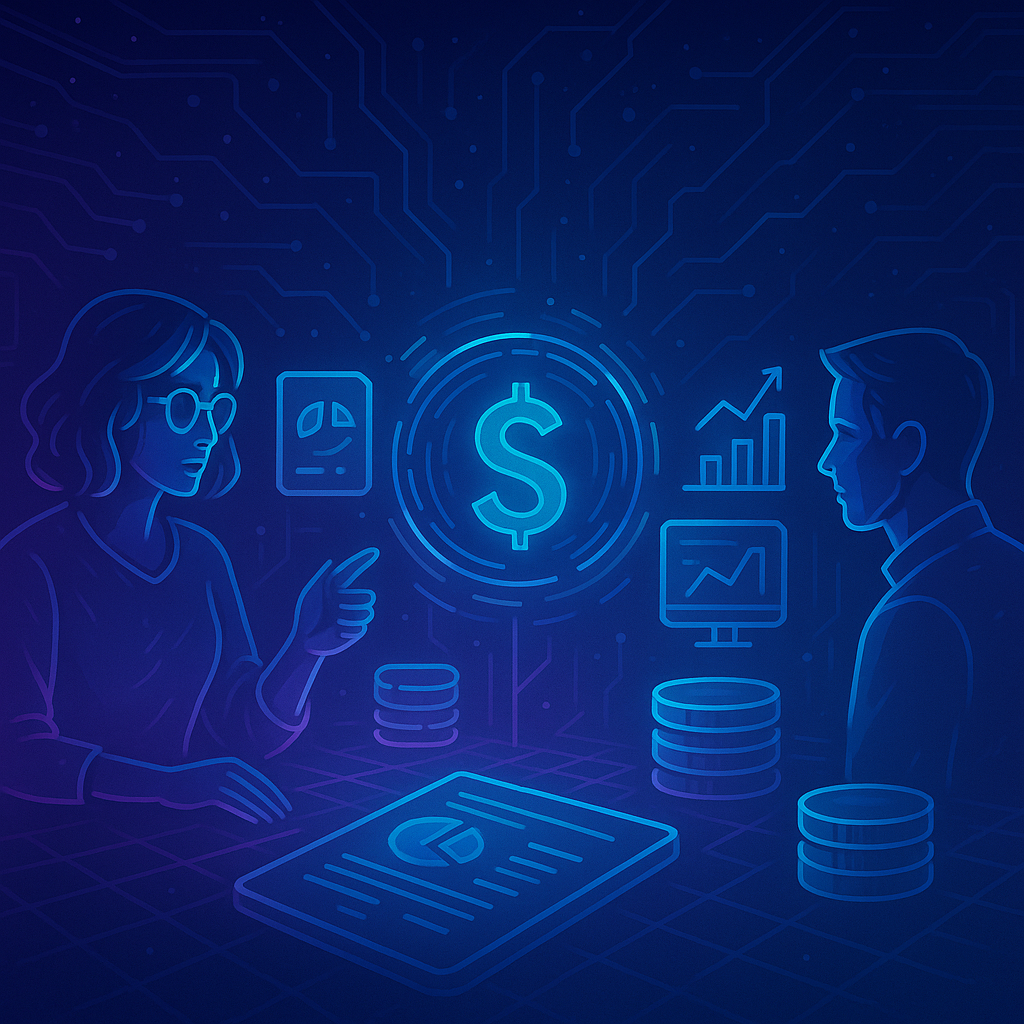The Rise of Unofficial Finance Freelancers
When people think of making money in finance, they usually picture traditional roles: accountants, tax preparers, or corporate advisors. But in today’s online economy, there’s a quiet shift happening. More freelancers and side hustlers are discovering how to earn money from basic financial skills—without credentials, certifications, or a background in banking.
These aren’t recycled money-making ideas. They’re practical, overlooked opportunities that live between spreadsheets and storytelling. The world is full of creators, coaches, small business owners, and digital workers who don’t want formal financial planning—they just want clarity. And that’s where opportunity begins.
Digital Templates: Turning Simplicity Into Passive Income
One of the most creative ways people are monetizing finance skills is through digital templates. Freelancers are designing and selling custom budgeting systems using tools like Notion, Google Sheets, or Airtable. These aren’t complex accounting tools. They’re approachable dashboards tailored for everyday use, and they serve people who want to track spending, savings, or project earnings without downloading a full finance app.
The success isn’t in the complexity—it’s in the relevance. Some templates are made for freelance designers, others for digital nomads, Etsy sellers, or course creators. Buyers aren’t looking for perfection; they’re looking for something that works. This model creates a way to earn income passively by solving small, specific problems.
The Profit Checkup: A One-Time Service with Ongoing Value
Many online business owners make money—but aren’t sure how much of it is actually theirs. They know what came in, but they aren’t clear on how much went back out. A growing number of freelancers are offering “profit checkups” to solve this gap.
It’s not bookkeeping or accounting. It’s a short-term service where you walk through someone’s business numbers, clarify expenses, highlight high-cost tools, and help identify which products or services are actually profitable. Most of the time, the business owner just needs someone who can simplify the mess and hand them a clear snapshot. That snapshot can lead to better pricing, fewer mistakes, and stronger decisions moving forward.
The VA Advantage: Financial Support Without a Degree
Virtual assistants are quietly stepping into finance-adjacent work, offering services that most clients didn’t realize they needed. This includes organizing monthly expenses, cleaning up payment history, flagging duplicate subscriptions, or preparing basic summaries from Stripe, PayPal, or accounting tools.
These tasks don’t require formal finance experience. They require trust, attention to detail, and communication. A VA who can make sense of messy income sources or recurring costs becomes more than a task-taker—they become a decision support partner. For solopreneurs and small teams, that’s incredibly valuable.
Helping eCommerce Sellers Understand the Numbers
Ecommerce business owners are often overwhelmed with operations—marketing, logistics, product updates, and customer service. Financial clarity becomes an afterthought. That creates an opportunity for freelancers who can step in and help store owners understand their unit economics, return rates, or cash flow timeline.
The value isn’t in creating full financial reports. It’s in showing, simply and clearly, how the business is actually performing. Helping someone track their average order value, monthly net income, or customer acquisition costs in a clean dashboard gives them control. And once they see the value, they often ask for it again and again.
Pricing Tools for Coaches and Course Creators
One of the most emotionally difficult topics for creators is pricing. Coaches struggle with knowing what their time is worth. Course creators fear charging too much. Many base their prices on competitors or assumptions, not actual numbers.
Freelancers who enjoy working with spreadsheets are building simple pricing calculators, value estimators, and ROI tools that help clients feel confident about what they’re charging. These tools often become reusable resources. A coach who uses your calculator to find their pricing sweet spot may return to update it as they grow. This type of work blends logic with empathy—two things the financial world rarely combines.
Clarity Sells More Than Complexity
None of these money-making paths require traditional financial training. They require a desire to help people who feel lost in their own numbers. Most clients aren’t asking for financial theory. They’re asking for help understanding what they’re earning, what they’re spending, and what they need to change. If you can be the person who gives them that clarity—in simple, actionable ways—you don’t need credentials to be valuable. You just need the ability to listen, organize, and translate.
In a world that rewards shiny dashboards and high-volume advice, there’s still room for quiet, personal support. And if you’re looking to build a career or side income using financial skills, there are more doors open than ever before. You just have to look where no one else is looking yet.
Disclaimer
This article is for informational and educational purposes only. It does not constitute financial, tax, or legal advice. Always consult with a qualified professional before making financial decisions.
